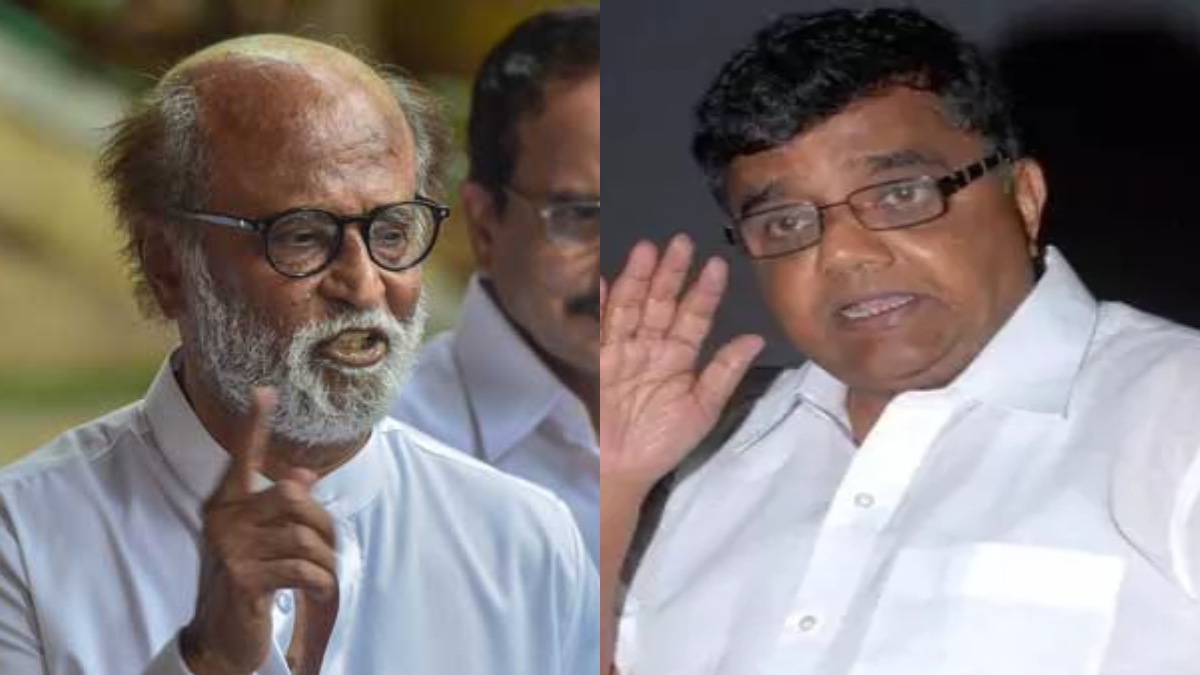HC stay order against non-iodised salt sale comes after 3 petitions
Mumbai, May 17 (UNI) The Bombay High Court's stay order yesterday against a government notification banning the sale of non-iodised salt in the country from today came in the wake of three petitions filed in the court seeking a stay on the ban, claimed Ashok Patil, Vice President of Mith Utpadak Chhote Shilotri Sangh.
The notification to ban the production, storage, transport and sale of non-iodized salt was issued by the Ministry of Health and Family Welfare, said Mr Patil while addressing a news conference here today.
These petitions were filed by Poona Salt Merchants' Association, Mith Utpadak Chhote Shilotri Sangh and a PIL by one Nitin Thakkar, he noted.
He said already a consortium of 14 Gandhian civil society groups were fighting against the closure of the entire non-iodised salt industry, which accounts for 85 per cent of the total salt manufactured in Maharashtra.
The consortium included Maharshtra Sarvoday Mandal, National Alliance of People's Movement, Thane Zilla Mith Utpadak Sangh, Mith Utpadak Chhote Shilotri Seva Sangh, National Youth Project, Rashtriya Yuva Sangthan, Sadbhavana Sangh, Cehat, Mahila Dakshta Samiti, Govigyan Bharati, Sarv Seva Sangh, Jan Mukti Sangharsh Vahini, Health Awareness Centre and Conscious Food, he informed.
Kumkum Somani, journalist and member of Somani Trust, said ''she was a victim of iodised salt.'' Displaying her pictures to media persons, she said, ''I developed skin rashes, weakness and abdominal pain when I consumed iodised salt. Later, when I stopped its consumption, gradually my health began improving. Several people could be suffering, but they are unware of the illeffects of iodised salts.'' Advocate Abhijeet Parulekar, representing the consortium, told UNI that ''it is really strange that Government of India wants to ban the use of non-iodised salts, even when Western countries like UK, US, Germany and France never put ban on these salts''.
He said that the World Health Organisation (WHO) was putting pressure on Union Health Ministry to ban the use of non-iodised salts, thereby protecting corporate interests involved in the manufacture of iodised salts.
Vijaya Venkat, a veteran activist and founder of the Health Awareness Centre, observed that good health could not be attained by violating natural laws of food consumption.
Consumption of iodised salts would not make people healthier, on the contrary it will gradually spoil natural health cycle of the population, he added.
Dr Ravindra R P, Lecturer from P U Shah College of Pharmacy in suburban Juhu told UNI that a UNICEF scientific study on health was the source of the ban. Now, any scientific study on health had always been hollow.
''Population in tribal areas suffer from deficiency of iodine as a result of isolated lifestyle in dense forests and high altitude mountains,'' he said.
Dr Ravindra said that the tribal population was of two per cent and must be provided with iodised salt, rather than a total ban on the use of non-iodised salts in general.
Shankar Bagade, Vice President of Maharashtra Sarvoday Mandal, said that the previous National Democratic Alliance (NDA) had given a patient hearing and ordered concerned officials to look into the matter. However, the present Central government has even refused an appointment, he added.
The compulsory consumption of iodised salts by the population could adversely effect the health of children and pregnant women, said Praful Patil, President of Mira-Bhayandar Muncipal Council.
As the Indian vegetarian and non-vegetarian food contained adequate amount of iodine, hence its overconsumption could be unhealthy and dangerous, added Mr Patil.
UNI GVS SSS SK GC0037


 Click it and Unblock the Notifications
Click it and Unblock the Notifications




